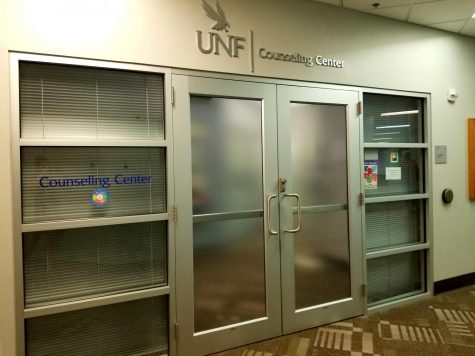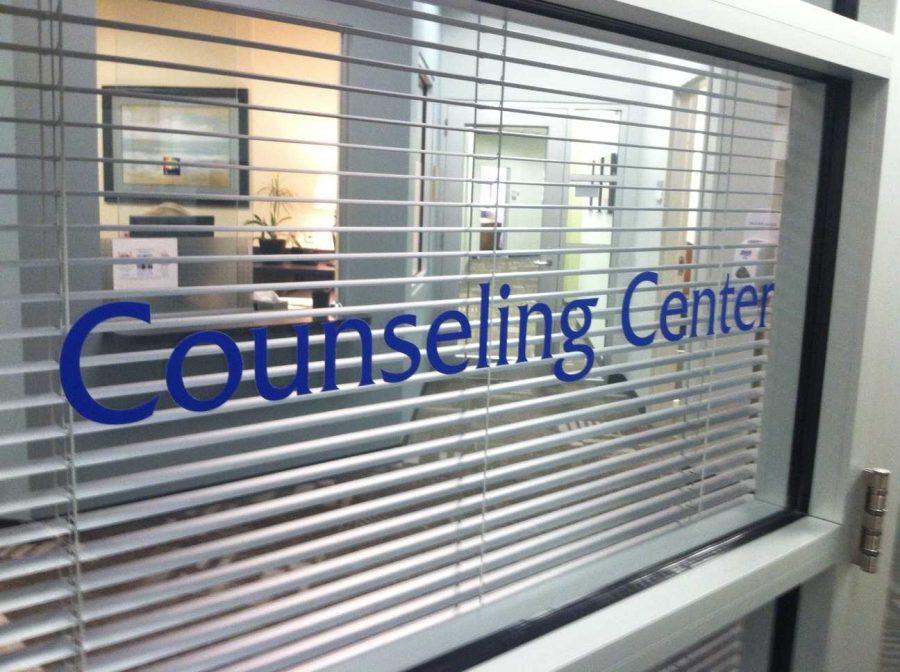With final exams being next week, most UNF students are reaching the point where their stress evolves beyond the usual background hum of discomfort. End of semester burnout will threaten to exacerbate already disordered sleep patterns, and the struggle to maintain halfway decent grades will shake the emotional stability of even the most academically secure students.
That being said, it’s worth noting that April isn’t just the most stressful month for students, but it actually happens to be National Stress Awareness Month.
According to the Anxiety and Depression Association of America, an average of 30 percent of college students report that stress negatively impacts their academic performance, and 85 percent of students admit to being overwhelmed by their overall workload at some point during the academic year.
Too much stress can affect the body in a variety of ways, impacting both physical and mental health. In moments where you struggle to gauge just how overtaxed you really are, it can be important to tune back into your body and be aware of whether or not you are exhibiting any recurrent symptoms of stress.
The American Psychology Association reports that common physical symptoms of stress include but are not limited to:
- Headaches
- Muscle tension and pain
- Upset stomach
- Dry mouth
- Chest pains
- Rapid heartbeat
- Trouble sleeping
- Change in appetite
A change in temper, memory or ability to focus may also be indicative of rising stress levels.
So what are some ways that one can work to manage and reduce stress? Try to…
- Understand your limitations and manage your time. Set a timer for your study sessions and remember that for every extended amount of time you spend studying and working, you should also set aside a little bit of time to indulge in something fun to help you decompress.
- Exercise as a means of sweating out the stress and producing more endorphins.
- Talk to a friend. You can either vent about your stress as a means of releasing it, or you can discuss something unrelated in order to distract yourself long enough to calm down.
- Remember to say no. If you have enough on your plate as is, it is important to set boundaries and turn down anything that might unnecessarily add to your workload.
- Me more mindful. Give meditation a try, practice breathing techniques to slow your heart rate or at least be more fully present in the moment.
- Attend campus events aimed at providing stress relief, such as UNF’s PAWS Your Stress at the Thomas G. Carpenter Library.
- Focus on your exams. If tackling your exams is the greatest stress factor in your life right now, check out the Educational Testing Service’s pamphlet on reducing test anxiety.
The UNF Counseling Center also offers a variety of resources, such individual or group therapy, art therapy, a relaxation room or a list of apps that aid in tackling your day-to-day stress and anxiety.
The UNF Counseling Center is located in Founders Hall, Bldg. 2 Room 2300.

The UNF Counseling Center.
The Counseling Center can also be reached by calling (904) 620-2602.
—
For more information or news tips, or if you see an error in this story or have any compliments or concerns, contact editor@unfspinnaker.com.











